Grow A Butterfly Orchid – Keep Your Own Butterfly Orchid Flower
Ever seen a butterfly orchid flower and wondered if you could grow your own? Find out how to cultivate your own dazzling Encyclia tampensis specimen as a houseplant
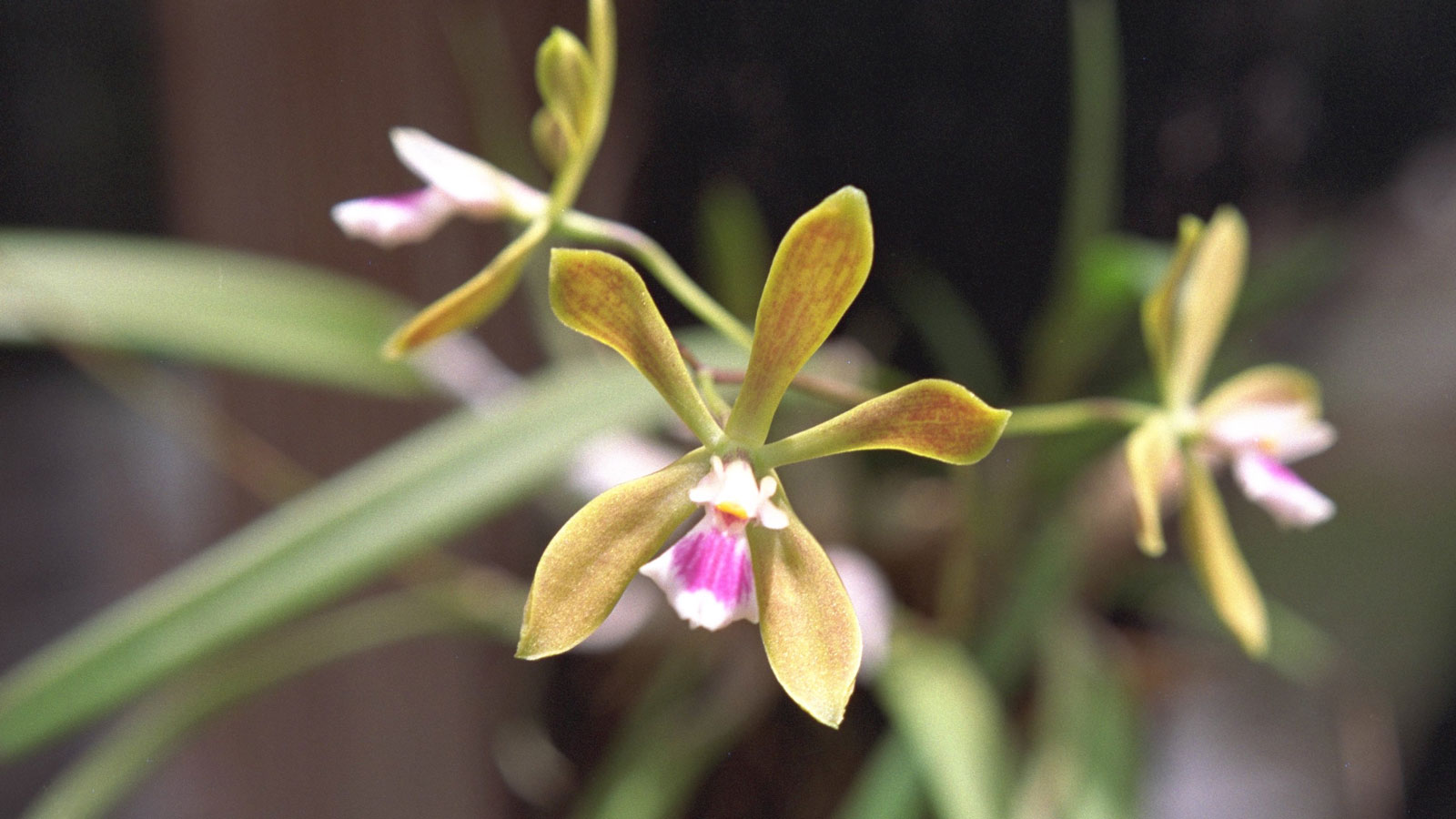
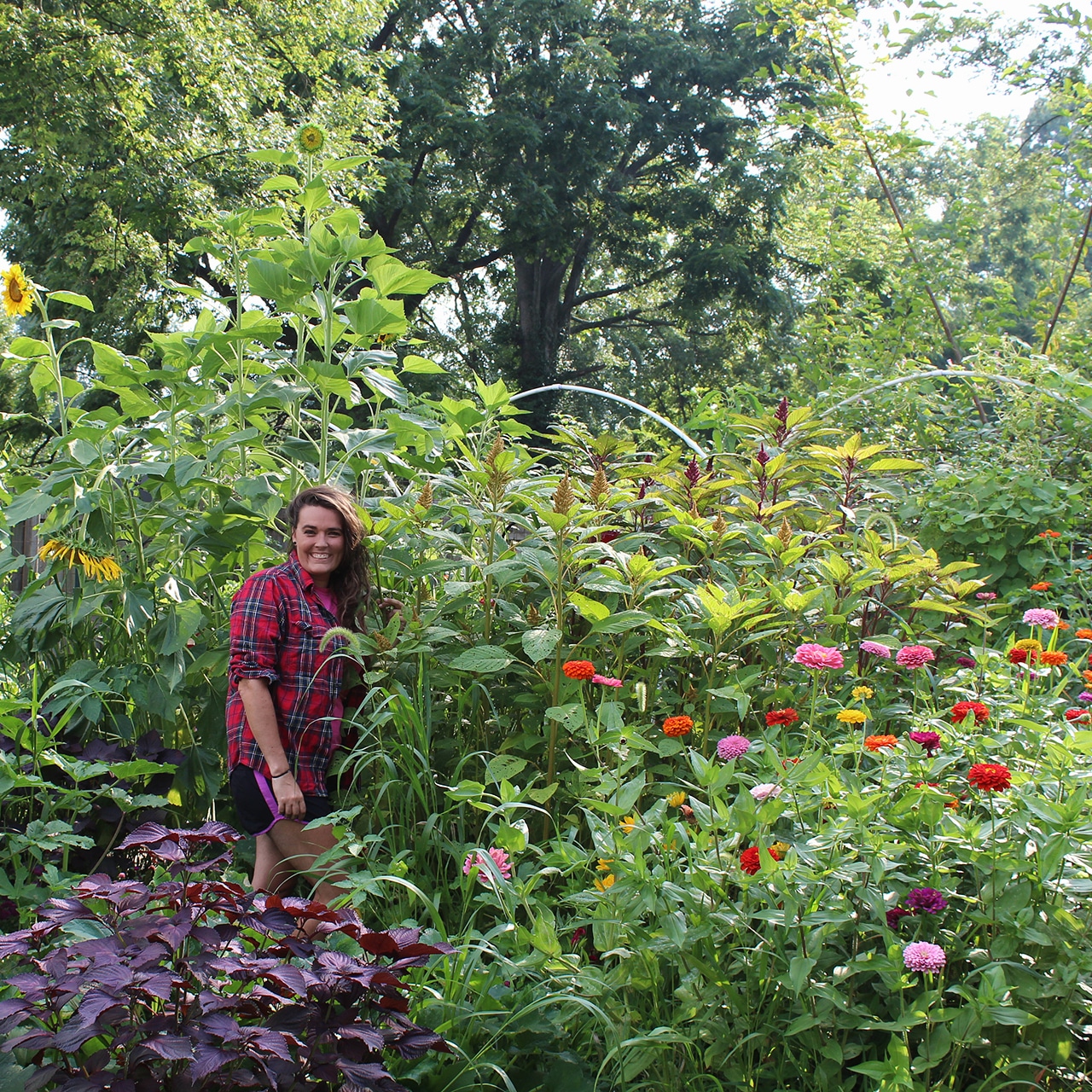
The term ‘orchid’ is commonly used to describe a diverse range of plants that vary greatly from one species to another. Most types of orchids are known for their impressive beauty and immense flower spikes. One species in particular – the Tampa butterfly orchid flower – is highly prized for its floriferous habit and unique coloration.
For orchid lovers looking to grow their houseplant collection, the good news is that you can grow these plants indoors – with the right orchid care. Learning more about the Tampa butterfly orchid can help you provide the best care possible and raise your awareness of this amazing houseplant specimen.
How and Where Tampa Butterfly Orchids Grow Best
The species of butterfly orchid originate in warm tropical regions. The Tampa butterfly orchid (Encyclia tampensis) first earned its name when it was discovered growing wild in Tampa, Florida. Native to frost-free areas of this region and in Cuba and the Bahamas, plants are most frequently found growing above the forest floor.
As an epiphytic orchid, these plants do not require soil to grow. Most spend their lives attached to the surface of trees, fallen logs or other vegetation. Southern live oak and other trees with rough types of bark are likely to play the best hosts.
In their native range, butterfly orchids thrive in areas that are high in humidity and consistently moist. Dependable shade throughout the hottest portions of the day plays an important role in the development, longevity and quality of the flowers.
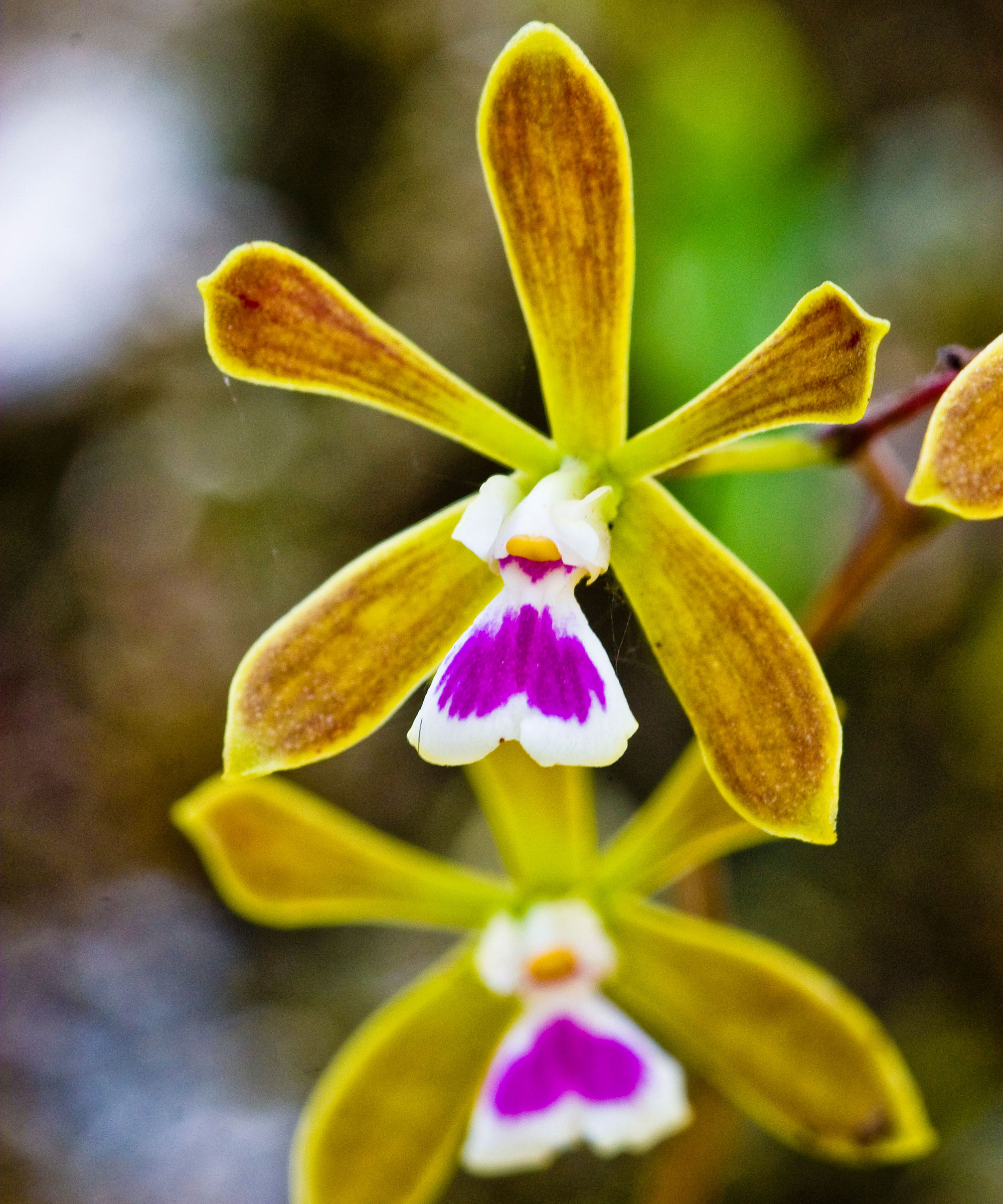
Can You Grow Tampa Butterfly Orchids?
As this orchid is relatively rare, it is important to note that there are laws and regulations in place to help protect it. Under no circumstances should these wild plants ever be disturbed or harvested in any way.
Fortunately for orchid lovers who have been lured by their beauty, the butterfly orchid may sometimes be found for sale through reputable plant nurseries. Since the commercial sale of this species requires a permit, it is imperative to identify the plant’s source before you buy.
Gardening tips, videos, info and more delivered right to your inbox!
Sign up for the Gardening Know How newsletter today and receive a free copy of our e-book "How to Grow Delicious Tomatoes".
Growing Tampa Butterfly Orchids as Houseplants
Growing butterfly orchids as houseplants is a viable option outside the plant’s native hardiness range (USDA zone 8). Butterfly orchids should be planted in a light orchid potting mix specifically formulated for orchids. This will most often include a mixture of bark chips, sphagnum moss and vermiculite. This mixture helps to retain much needed moisture, but allows the excess to drain away efficiently.
The best Encyclia tampensis care involves a warm growing location safe from sudden drafts or abrupt changes in temperature. The right light is also important – bright filtered light or dappled light is ideal. Providing the proper conditions is essential in helping the plant to produce blooms. For the best results, orchids should be placed near a sunny window, allowing for access to ample indirect sunlight.
Throughout periods of active growth, routine orchid irrigation is needed to keep plants looking their best. To help maintain adequate levels of humidity indoors, an occasional misting may also be required.
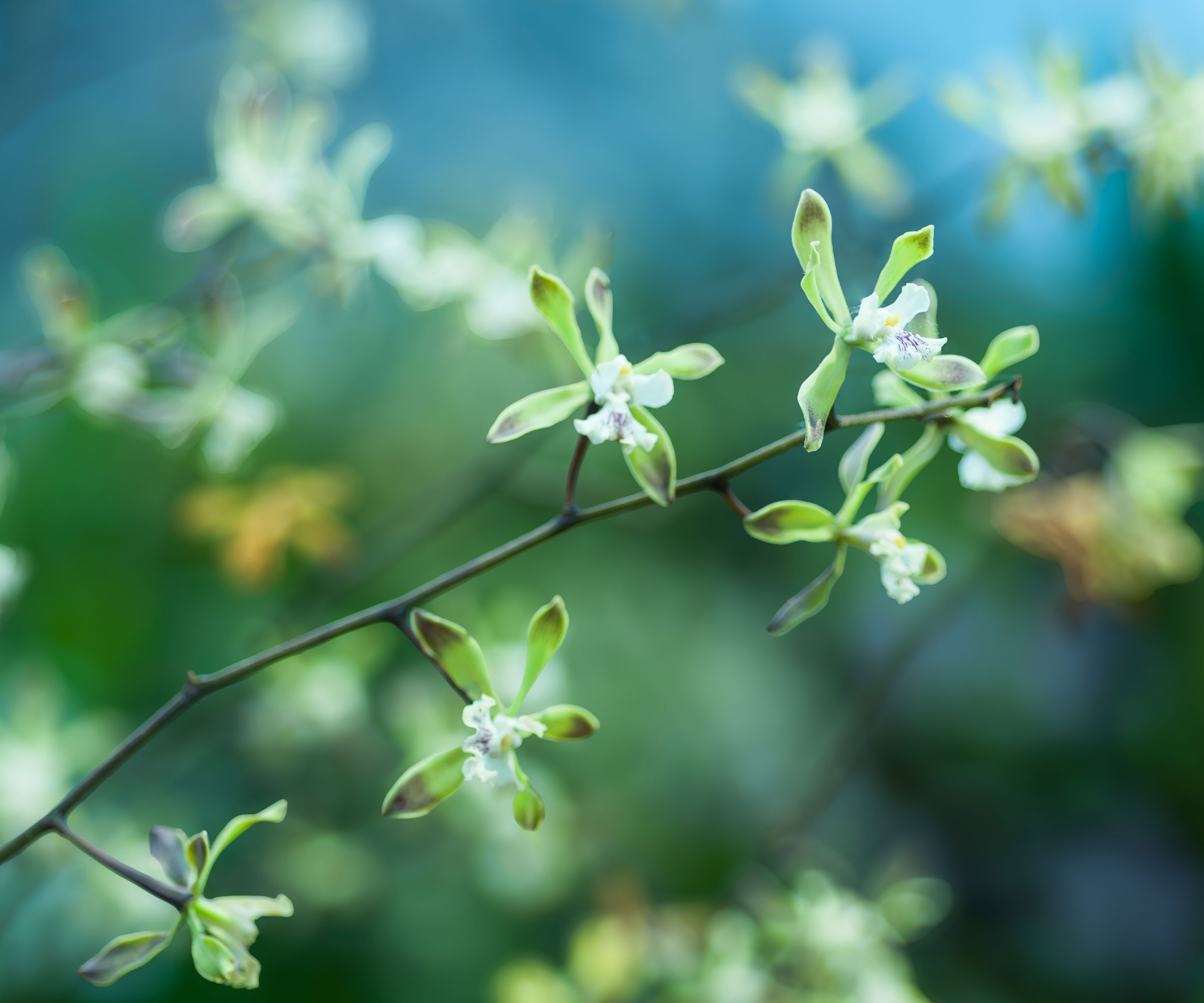
Frequently Asked Questions
Which Colors Do You Find with Butterfly Orchids?
Though butterfly orchid colors are limited (generally yellow and green), the plant more than makes up for this in its ability to produce a large number of blooms. Iit is not uncommon for established plants to produce upwards of 50 flowers at one time.
Are Butterfly Orchids Fragrant?
Yes, these orchids do have a distinctive fragrance. Some liken it to honey, while others compare it to sandalwood or cloves. The aroma of these orchids is most potent during May and June, when they are actively flowering.

Tonya Barnett has been gardening for 13 years. Flowers are her passion. She has transformed her backyard into a cut flower garden, which she regularly chronicles on her YouTube channel http://www.youtube.com/@tonyawiththeflowers.
-
 Looking For Plants To Give You The Soft And Fuzzies? Try These 5 Fuzzy Leaf Plant Options
Looking For Plants To Give You The Soft And Fuzzies? Try These 5 Fuzzy Leaf Plant OptionsLovers of texture, drama, silver foliage and tactile plants will adore these special sensory garden additions. These fuzzy leaf plant options will leave you all aglow
By Susan Albert
-
 Get Ready For A Summer Of Hummers! Grow These Full Sun Hummingbird Plants and Flowers
Get Ready For A Summer Of Hummers! Grow These Full Sun Hummingbird Plants and FlowersIf you’re lucky enough to enjoy a sunny backyard, make sure you are maxing out on your pollinator opportunities and grow these full sun hummingbird plants and flowers
By Tonya Barnett
-
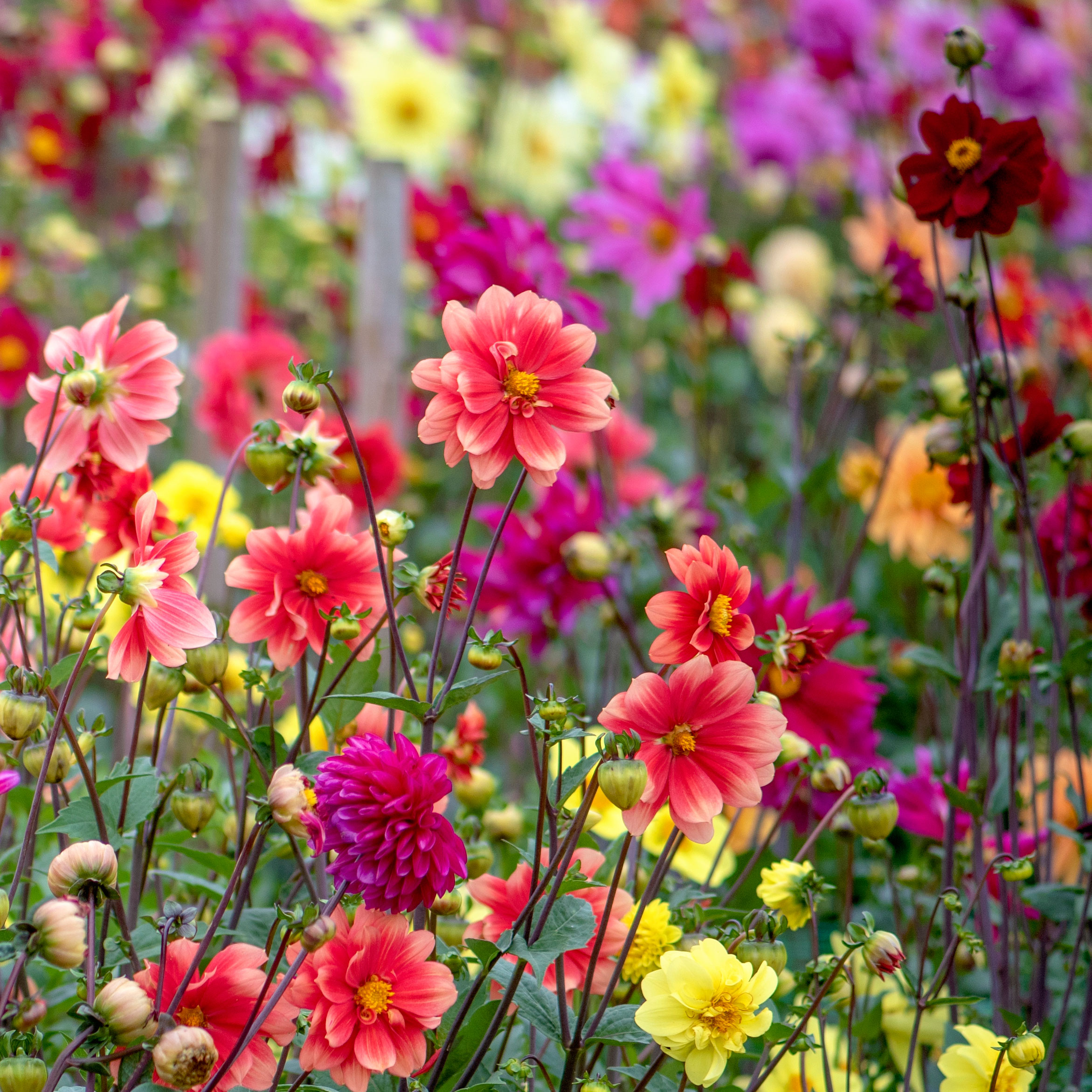 Cut Flower Garden For Beginners: 8 Easy Decorative Floral Plants For Newbies To Grow
Cut Flower Garden For Beginners: 8 Easy Decorative Floral Plants For Newbies To GrowAre you new to growing decorative florals for bouquets and ornamental displays? A cut flower garden for beginners is well within reach if you grow these flower seeds
By Tonya Barnett
-
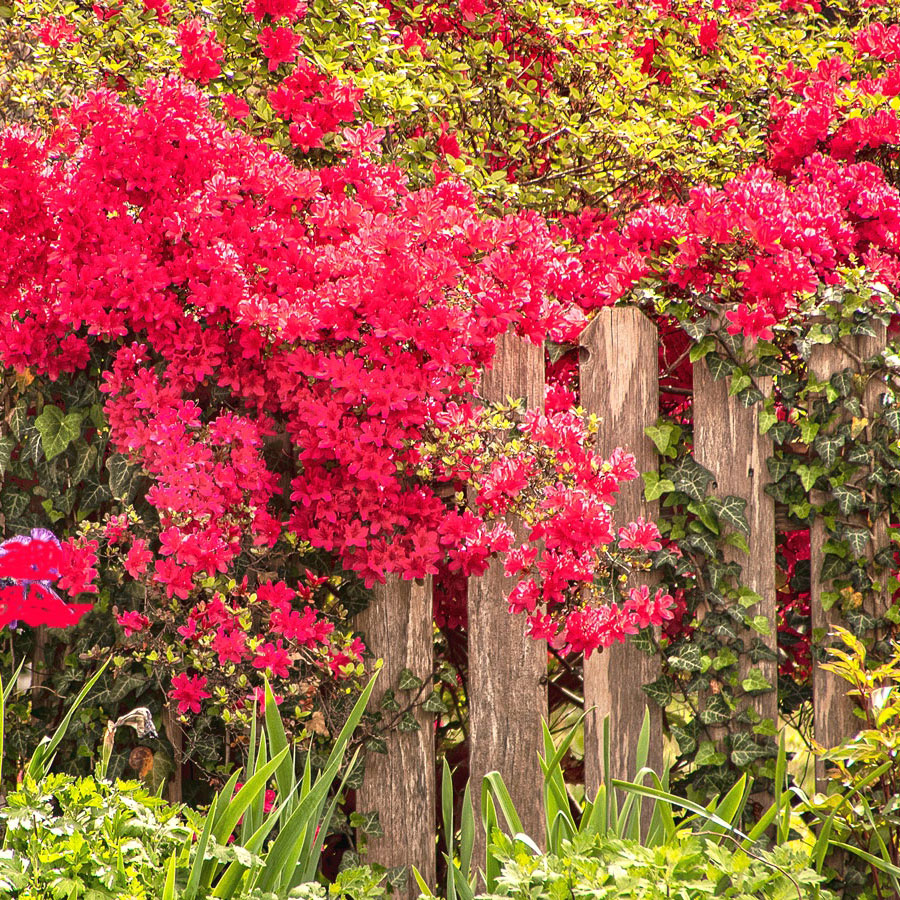 Spectacular Early Blooming Shrubs: 6 Sparkling Spring Flowering Bushes
Spectacular Early Blooming Shrubs: 6 Sparkling Spring Flowering BushesWant to kickstart your gardening year with dazzling spring flowering bushes for beds and borders? These unique early bloomers are sure to help you rise and shine!
By Teo Spengler
-
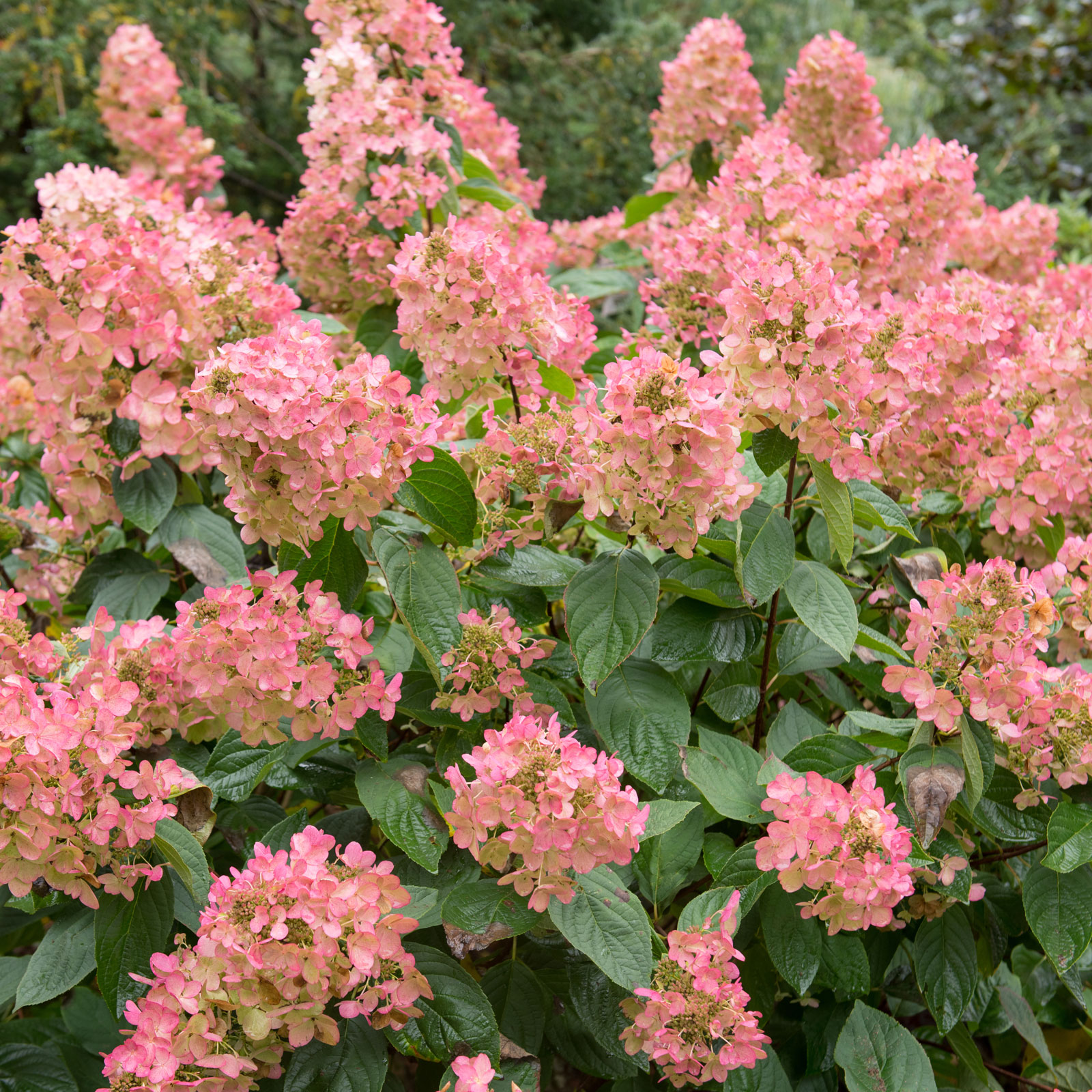 Quick Fire Hydrangea – The Elegant, Easy-Care Shrub Every Gardener Needs In Their Landscape
Quick Fire Hydrangea – The Elegant, Easy-Care Shrub Every Gardener Needs In Their LandscapeIf you’re after an early flowering panicle hydrangea that offers plenty of floral variety, the Quick Fire hydrangea goes big on visual dynamics from early summer to fall
By Tonya Barnett
-
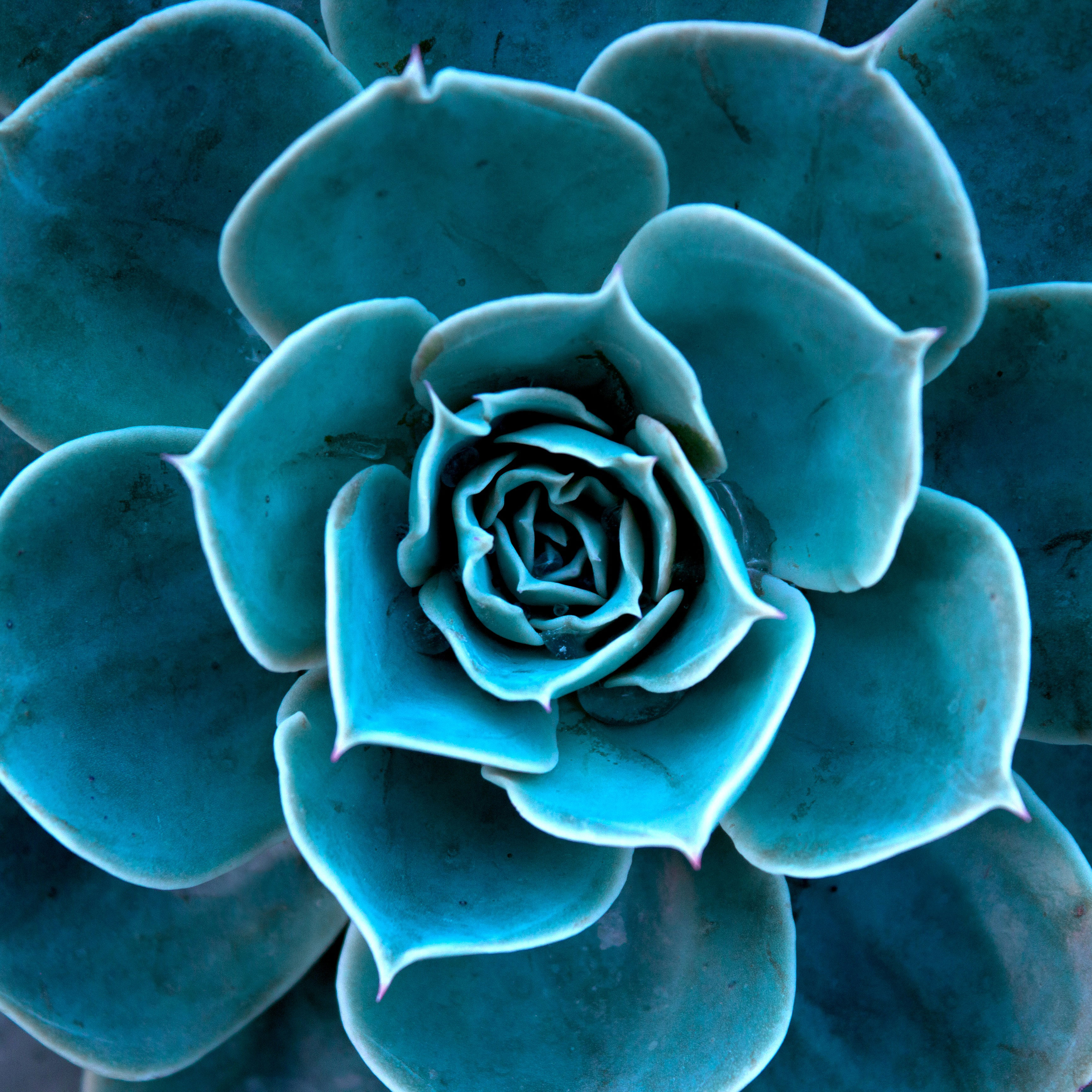 Time For Teal: 7 Terrific Teal Plants To Grow In Your Home Garden
Time For Teal: 7 Terrific Teal Plants To Grow In Your Home GardenIt’s an emerging color with a devoted following in fashion and interiors, but can you enjoy blue-greens in your garden? We round up the best teal plants you can grow
By Tonya Barnett
-
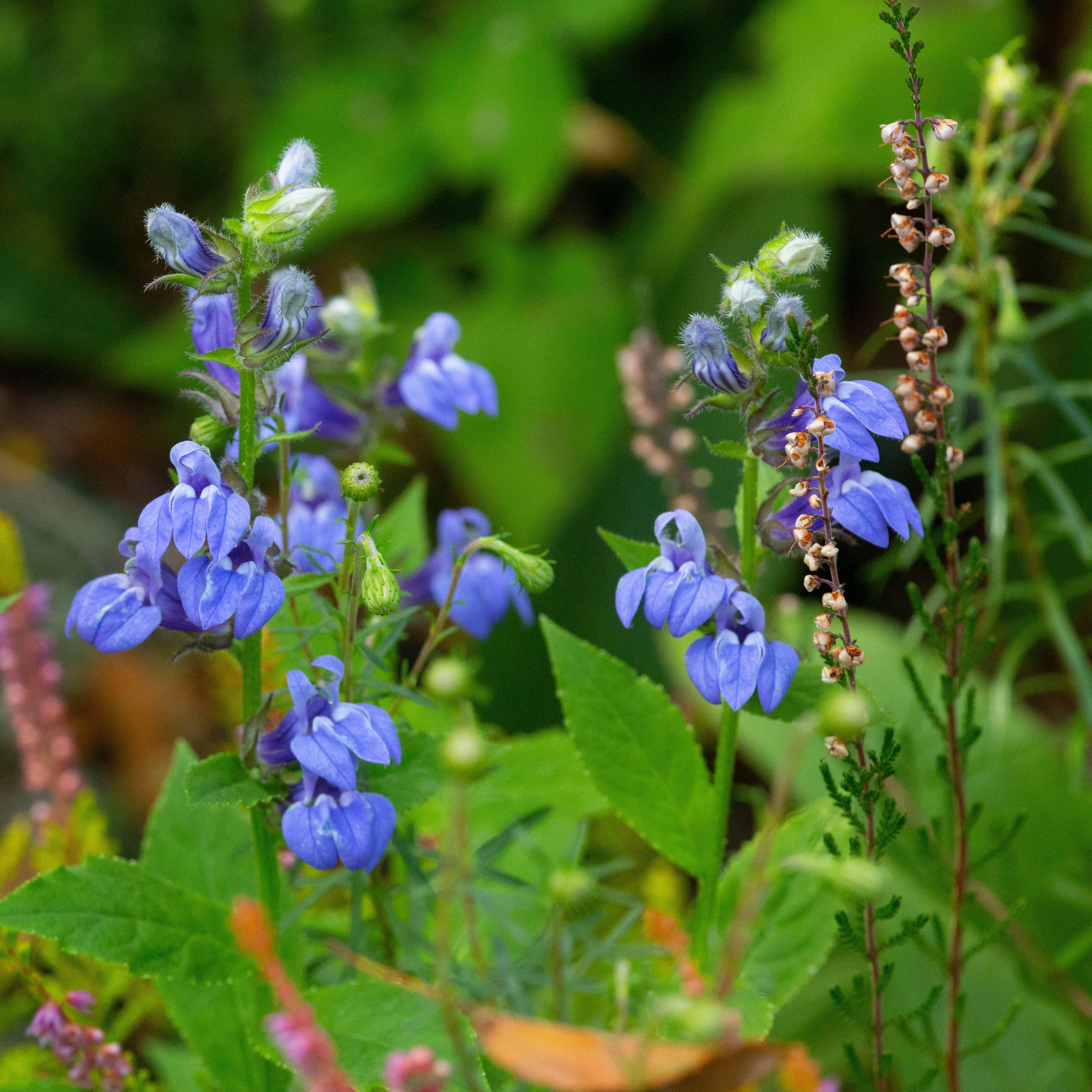 Grow Great Blue Lobelia: Native Blue Cardinal Flowers For Butterflies And Hummingbirds
Grow Great Blue Lobelia: Native Blue Cardinal Flowers For Butterflies And HummingbirdsIf you’re keen to enhance your native plants or attract more pollinators, blue cardinal flowers are an essential flowering perennial. Here’s how to grow great blue lobelia
By Tonya Barnett
-
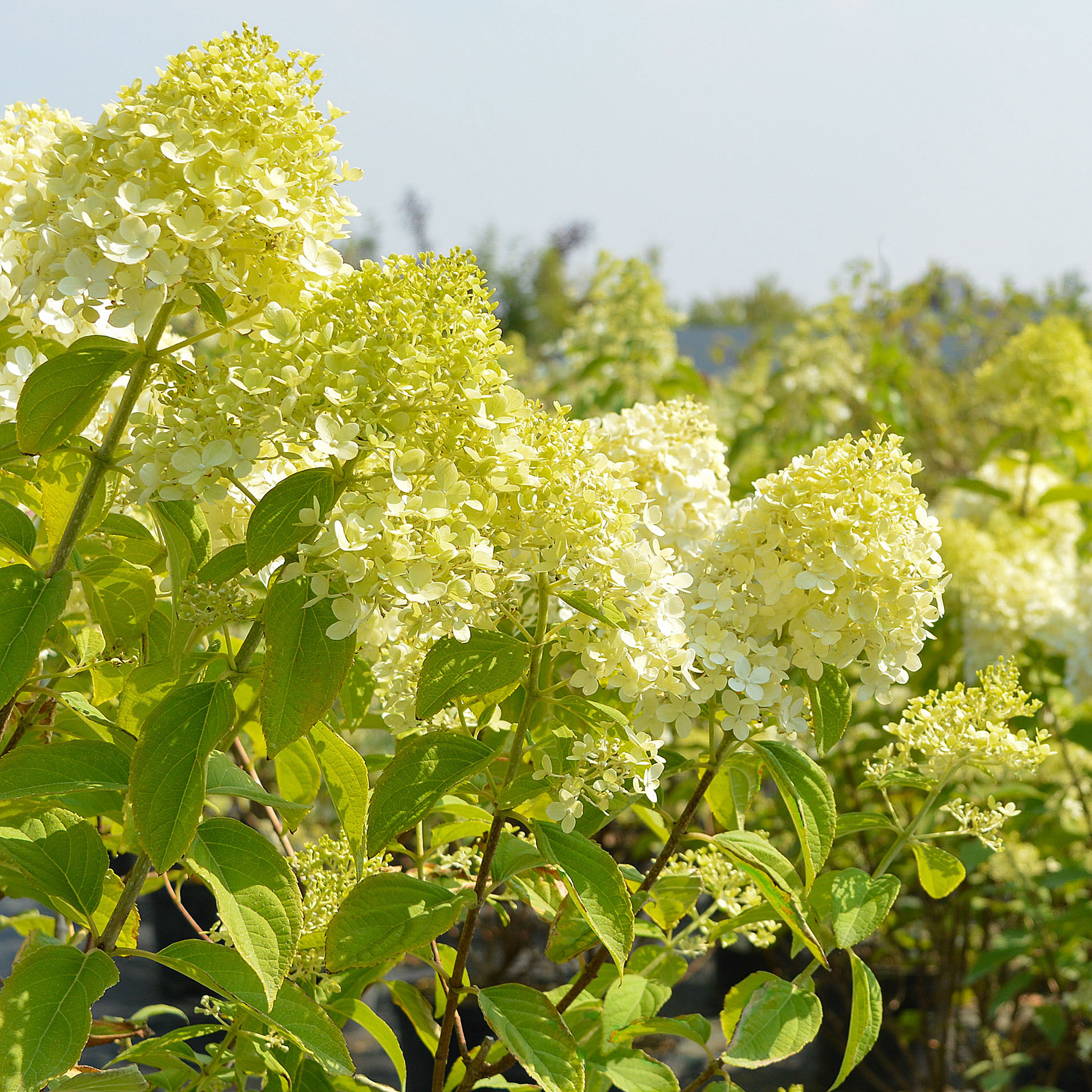 Grow Limelight Hydrangea Shrubs For Green Themed Displays And Brilliant Borders
Grow Limelight Hydrangea Shrubs For Green Themed Displays And Brilliant BordersIf you're a panicle hydrangea lover in search of flamboyant, long-lasting florals, knowing how to grow Limelight hydrangea shrubs will ensure gorgeous green blooms
By Mary Ellen Ellis
-
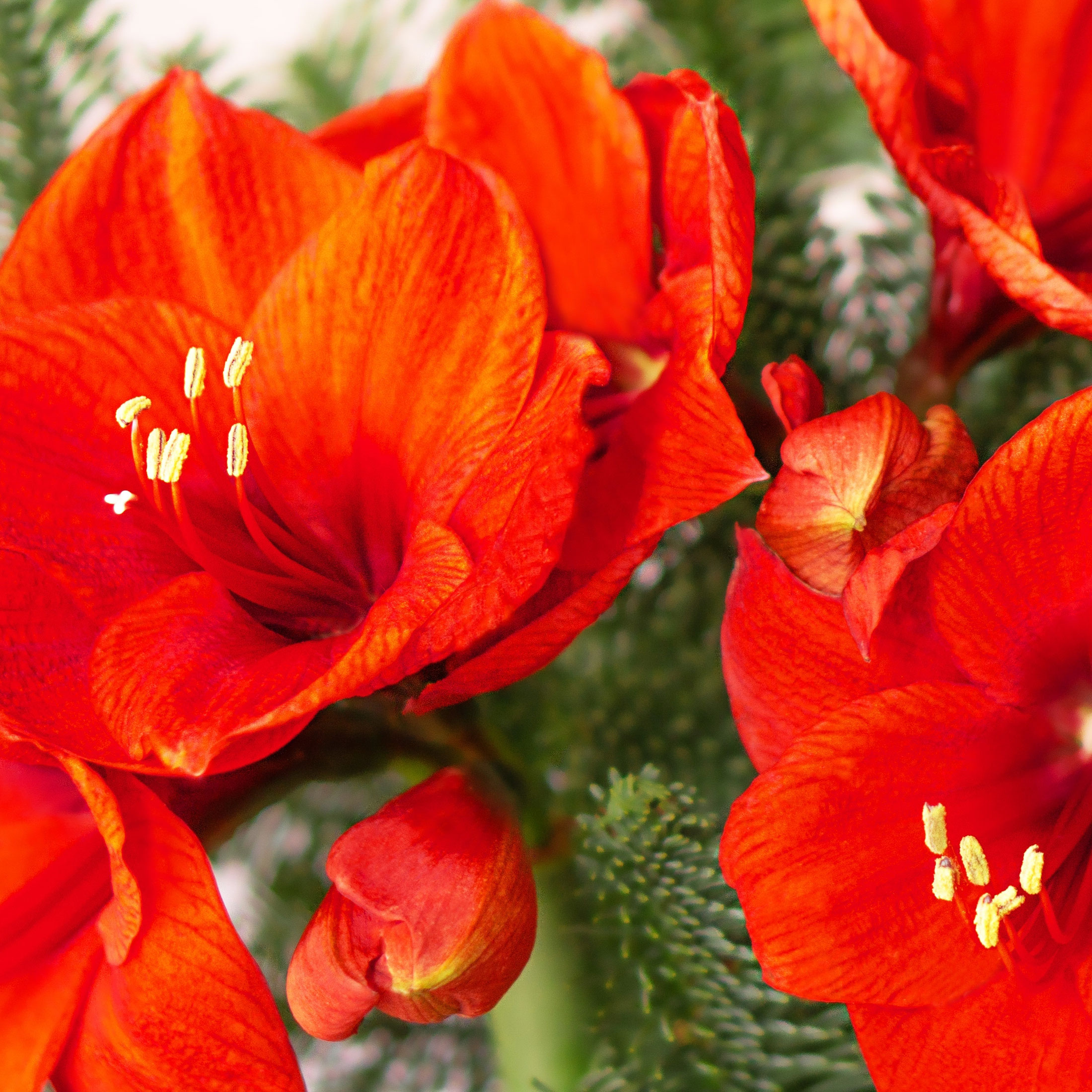 Warm Up Your Winter With Indoor Reds! 8 Red Amaryllis Varieties For Sizzling Seasonal Interest
Warm Up Your Winter With Indoor Reds! 8 Red Amaryllis Varieties For Sizzling Seasonal InterestWell loved as a bold decorative holiday bloomer, the red amaryllis is a hot favorite for winter displays. These red amaryllis varieties are guaranteed to fire up the season
By Tonya Barnett
-
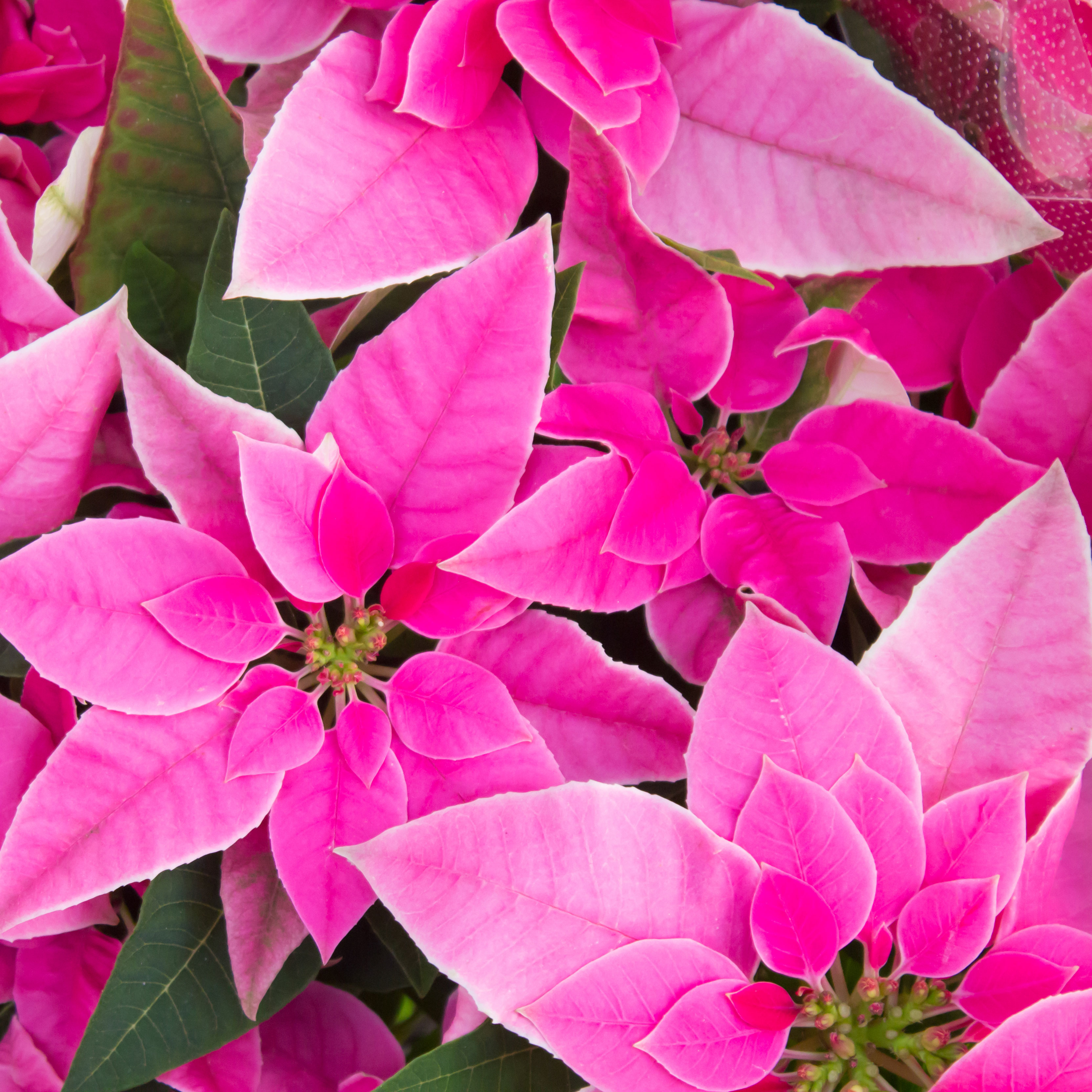 Poinsettia Pinks: 7 Pink Poinsettias To Grow For Neon Hot Tones And Cool Pretty Pastels
Poinsettia Pinks: 7 Pink Poinsettias To Grow For Neon Hot Tones And Cool Pretty PastelsWhile the traditional red poinsettia is a staple of many homes over the holiday period, they are not your only option. For cheerful brights or pastels, why not grow pink poinsettias?
By Tonya Barnett